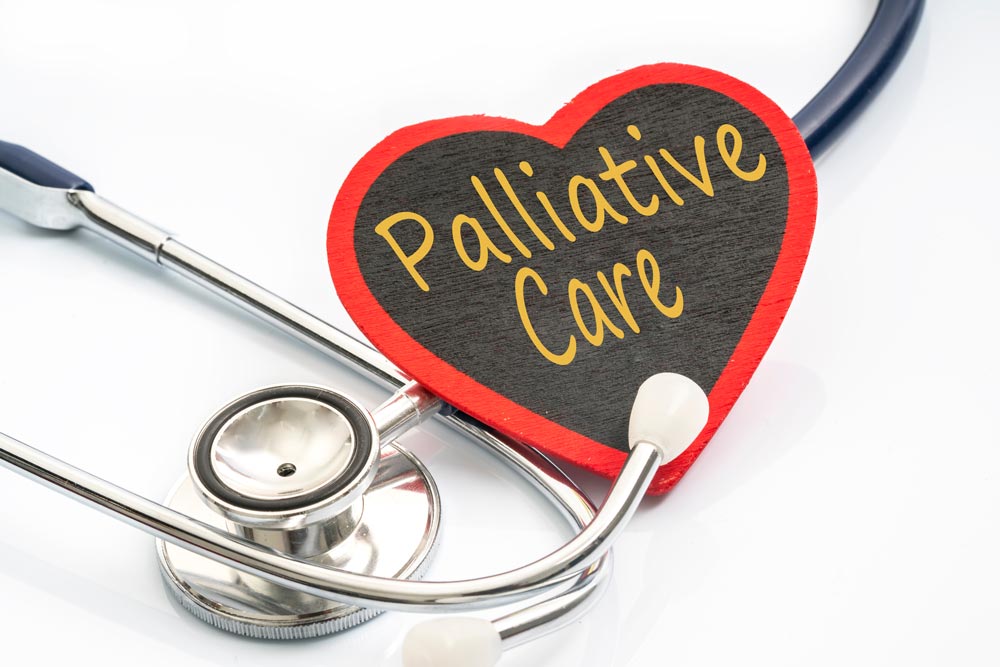Advertisment
People with opioid use disorder less likely to receive palliative care at end of life

Compared with people without opioid use disorder, those with opioid use disorder were less likely to receive palliative care in clinics and in their homes, and were dying at younger ages of causes other than opioid use, according to new research published in CMAJ (Canadian Medical Association Journal) https://www.cmaj.ca/lookup/doi/10.1503/cmaj.231419.
“The majority of conversations about the opioid crisis focus on the high number of opioid toxicity deaths. The unfortunate reality is that people with opioid use disorder are dying young from other causes as well,” says author Dr. Jenny Lau, medical director of the Harold and Shirley Lederman Palliative Care Centre at Princess Margaret Cancer Centre, University Health Network, Toronto, Ontario. “If we can improve our understanding of this population and the health care that they receive at the end of their lives, we can identify opportunities to intervene and improve their quality of life.”
With the ongoing opioid crisis, the number of people with opioid use disorder is increasing. Opioid use disorder can be a chronic, life-limiting illness causing substantial impairment and distress. As the population with opioid use disorder ages, more people will need access to palliative care at the end of their lives. This study describes the characteristics of people with opioid use disorder at the end of their lives and examines whether they receive palliative care.
In this large study that included information from ICES on 679 840 deaths, 11 200 of the deceased (1.6%) had opioid use disorder. People with opioid use disorder died at younger ages than those without opioid use disorder (50 yr v. 78 yr) and were more likely to live in marginalized neighbourhoods. Compared with people without opioid use disorder, people with opioid use disorder were 16% less likely to receive palliative care. This finding is most likely related to the high number of people with opioid use disorder who die suddenly from drug poisonings. The most common reasons why physicians provided palliative care for people with opioid use disorder were cancer, liver cirrhosis, and sepsis.
“Although most people in Canada want to die at home, people with opioid use disorder can have limited social supports, limited finances and unstable housing, which may lead to challenges accessing palliative care in the community and challenges for health care providers to deliver this care,” says coauthor Dr. Sarina Isenberg, chair in mixed methods palliative care research at Bruyère Research Institute, and adjunct scientist, ICES, Ottawa, Ontario. “Our findings highlight the importance of health care providers receiving training in both palliative care and addictions medicine to better support patients with opioid use disorder as they near the end of life.”





